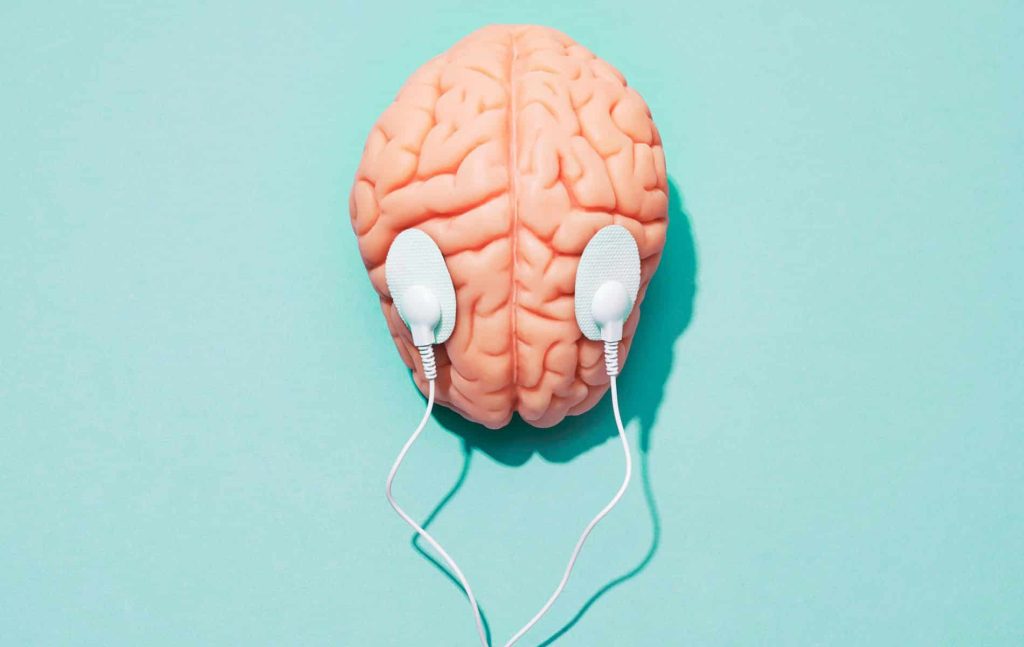While one person can be hypnotized with the touch of a finger, another seems immune to it. So far: Researchers from Stanford University They figured out how to make patients more susceptible to this technique.
People under hypnosis are in a kind of trance. They then become more focused and focused, which is why this technique is regularly used in medical settings. To help people deal with their pain, stress or fears, for example. But it's not easy for everyone to be hypnotized, as researcher David Spiegel knows from experience. It does not work for about a quarter of the patients who come to it. However, no link was found between “hypnotizability” and personality, so twelve years ago he came to the following conclusion: “There must be something going on in the brain. But what?”
At that time, he decided to compare the brains of people who were easily hypnotized and difficult to hypnotize. She showed that in people who are easily hypnotized, two important areas of the brain are active at the same time: the part of the brain that helps us make decisions and the part of the brain that helps us focus our attention. Contact ensures that these people can concentrate better and can therefore be more easily absorbed into hypnosis. Twelve years later, Spiegel and his colleagues were able not only to observe, but also to increase subjects' susceptibility to hypnosis.
Chronic pain
The researchers recruited eighty participants who they knew were insensitive to hypnosis and also suffered from fibromyalgia, a chronic pain disorder that can be treated with hypnosis. Half of the participants received brief electrical stimulation using transcranial magnetic stimulation, a non-invasive form of brain stimulation in which a changing magnetic field creates an electrical current in a specific area of the brain. This stimulation lasted about 92 seconds and targeted the left dorsolateral prefrontal cortex, an area involved in information processing and decision making. The other half received sham treatment. The researchers then looked again at how well the person could be hypnotized, based on ten points.
Stable brain trait
What happened? Participants who received real stimulation scored on average one point higher on the scale than they did before treatment. While participants who received the placebo showed no change. That's great, Spiegel says. In the 1950s, a study began among students Stanford UniversityWhich was tested again 25 years later. This showed that the subject's susceptibility to hypnosis remained relatively constant during that entire period. Just like IQ during that period. “This is the first time we have shown that we can change this stable brain trait with a simple intervention,” said Nolan William, one of the authors.
Hypnotherapy
However, the effect did not last long. After about an hour the results were equal again. However, it is hopeful news, researchers believe. They believe this method could help more people benefit from hypnotherapy, especially those suffering from chronic pain. “We know that hypnosis is an effective treatment for many different symptoms and disorders, especially pain,” said Avik Verman, one of the authors. “But we also know that not everyone benefits equally from hypnosis.” By increasing the ability to hypnotize, more people may eventually be able to choose hypnosis as an alternative to other treatments. Such as long-term use of opioids, which can be addictive and harmful as a side effect.
Before that happens, the researchers will first run tests with different doses of neurostimulation to see if they can increase hypnotizability further. They also want to know if this method can also ensure that patients are more sensitive to other forms of psychotherapy. Ferman hopes so: “As a clinical psychologist, my personal dream is that in the future patients will come in, undergo a quick, non-invasive brain stimulation session, and then move on to their psychiatrist. This way, patients can benefit more from their treatment.”

“Coffee buff. Twitter fanatic. Tv practitioner. Social media advocate. Pop culture ninja.”











More Stories
Which can cause an increase in nitrogen.
The Central State Real Estate Agency has no additional space to accommodate Ukrainians.
The oystercatcher, the “unlucky national bird,” is increasingly breeding on rooftops.